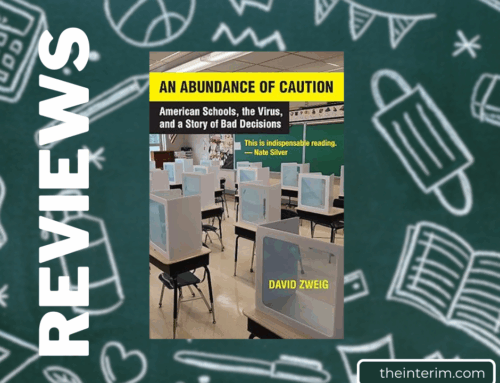Human life, with which “pro-life” is primarily concerned, has perhaps forty or four hundred dimensions. I will mention four only. We have physical life – that in common with animals and vegetables, which forms we choose to imitate from time to time. We have social life – that also in common with animals, fish, birds, insects and perhaps dozens of other things (but let us draw the line short of plants: we must make some distinctions, somewhere). We have mental and intellectual life as well, in which clearly (to the sentient) we are unique. We have also spiritual life, in which too we re unique. Clearly, each of these four is a kind of freedom, of ability to extend oneself or go out of one’s little orbit and reach others, and each freedom is a responsibility, and each is a kind of love.
A pro-life is a life lived in the knowledge that life and love are synonymous. This knowledge is so deep that it almost defies explanation or discussion: it is a form of experience, a form of awareness as much as is vision or touch.
“Pro-life Philosophy,” June 1983
One of the side-effects of all technologies of communication is that they readjust our relation not only to each other but also to our surroundings, our world. The electric forms, in which we have increasingly wrapped our society for several generations, all reverse the pattern of mechanical technologies. Mechanical forms, on the other hand, give salience to outer experience and the “outer world” of hardware and consumer objects.
Instead, electric media emphasize inner experience and convert everything into information or software. Under these conditions, the normal mode of experience is fantasy – even if the body loses “hardware” reality and comes to be regarded as an incumbrance, an inefficient yet programmable aesthetic object.
Fantasy life is precarious. It is the antithesis of what the West calls identity. It is also ruthless. And – it is now the norm in our society. Pregnancy is a threat: it brings one into immediate contact with the body as real, with other people as real, with things, with one’s animal nature…and it dissipates the inner, purer world of fantasy life.
“The Midwich Cuckoos,” July 1983
This paper (The Interim) was begun eight months ago to fill the need for an independent, national newspaper that would report as impartially as possible on the whole spectrum of life-issues. It appears that the paper is having many effects.
A great many of our readers have been fighting abortion for ten or even fifteen years, while others have just recently entered the fray. For some of the seasoned campaigners, Interim tries to provide its readers with an overview of what the advocates of death in our culture are doing, again so that we will be able to envision the whole situation and can realize how it affects each of us locally.
“On the Road by Air,” November 1983
If it is human to err, it is human to try to avoid admitting it. Let us not underestimate the inertia this understandable reluctance produces. Politicians, legislators, parents, doctors, teachers, all of the well-intentioned people, the confused – have a serious (if unconscious) motive for ignoring or dismissing or ignoring pro-life, for minimizing the evidence, for softening the position, for blurring distinctions, for finding some loophole or escape-hatch.
We are called-upon to be persistent in our pursuit of life and truth; we can allow no exceptions – for multiple handicaps, for senility, for inconvenience, or for any other excuse: life is life, and it confers responsibilities.
As well as persistence, we are called-upon to be generous and loving – both are manifestations of life and therefore pro-life.
“Good News, Bad News — and the Long View,” November 1983
For all those centuries, all Christians, of all denominations, have agreed that the Saviour was both God, and Man, with neither nature subservient to or altered by the other. That is, Christ was in every respect an ordinary normal human being, and at the same time God, the son of God. Given this, it is incredible that any Christian churches could approve of or be neutral about abortion. Someone must not have thought the matter through.
“Let’s Have a Holy-day,” March 1985
Further, it was (and still is) affirmed that both natures were simultaneous, that Our Lord was fully human and fully Divine from the first moment— from the moment when “God became man,” from the moment of conception.
From that moment Our Lord was fully human – a typical human being endowed with a human soul. Therefore, the same is true of each of us.
All Christians can, indeed we are obliged to, assert the fact that human life begins at conception.
“Orthodox Christians Must Be Pro-life,” April 1983




